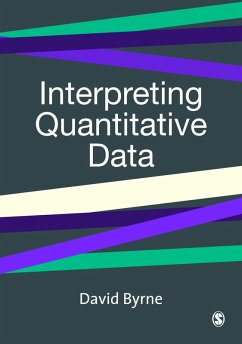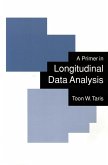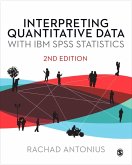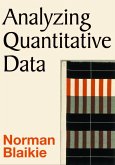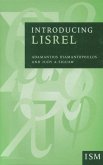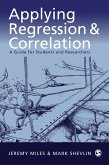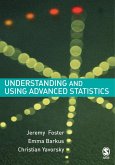How do quantitative methods help us to acquire knowledge of the real world? What are the `do's' and `don'ts' of effective quantitative research?
This refreshing and accessible book provides students with a novel and useful resource for doing quantitative research. It offers students a guide on how to: interpret the complex reality of the social world; achieve effective measurement; understand the use of official statistics; use social surveys; understand probability and quantitative reasoning; interpret measurements; apply linear modelling; understand simulation and neural nets; and integrate quantitative and qualitative modelling in the research process.
Jargon-free and written with the needs of students in mind, the book will be required reading for students interested in using quantitative research methods.
This refreshing and accessible book provides students with a novel and useful resource for doing quantitative research. It offers students a guide on how to: interpret the complex reality of the social world; achieve effective measurement; understand the use of official statistics; use social surveys; understand probability and quantitative reasoning; interpret measurements; apply linear modelling; understand simulation and neural nets; and integrate quantitative and qualitative modelling in the research process.
Jargon-free and written with the needs of students in mind, the book will be required reading for students interested in using quantitative research methods.
Dieser Download kann aus rechtlichen Gründen nur mit Rechnungsadresse in A, D ausgeliefert werden.

